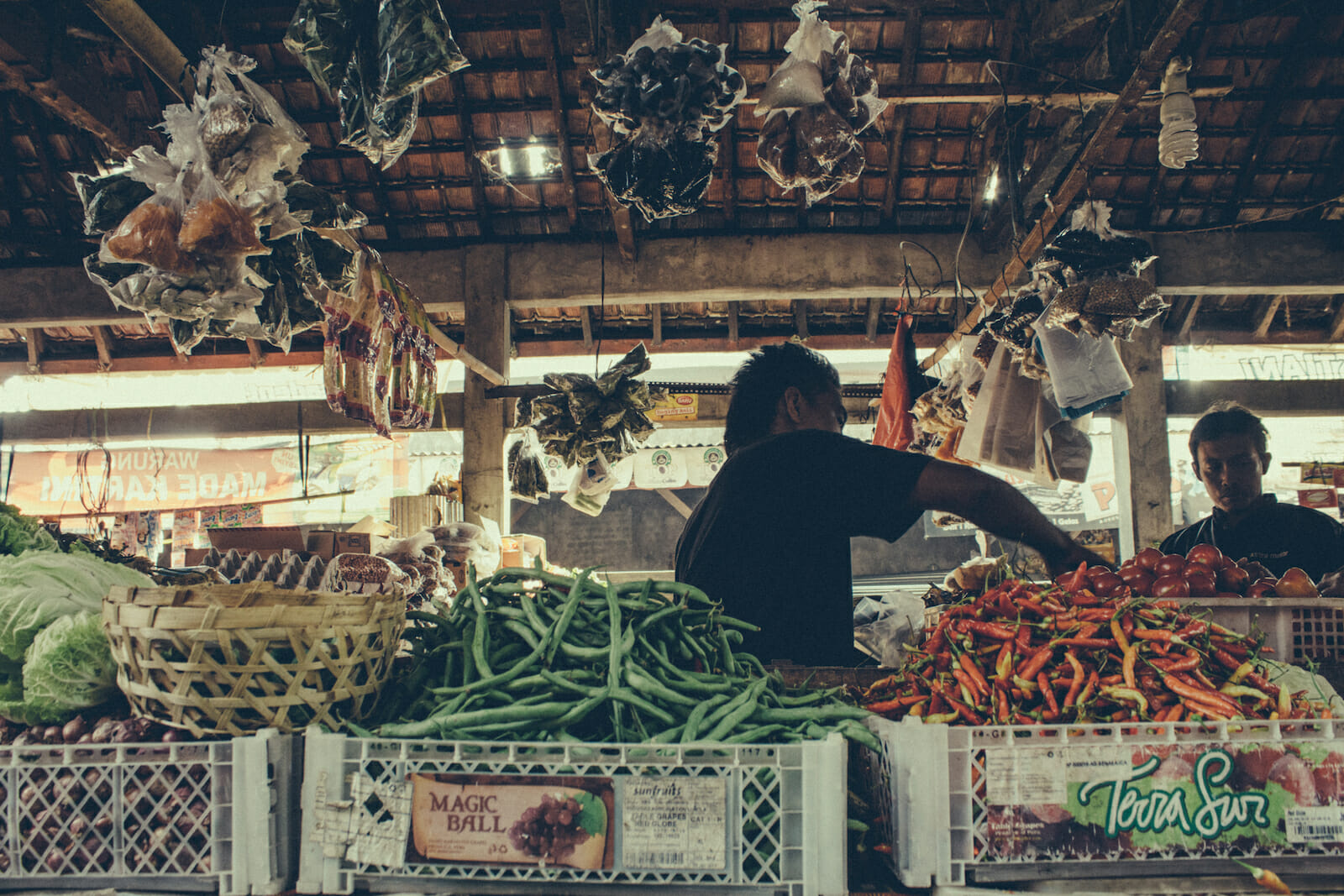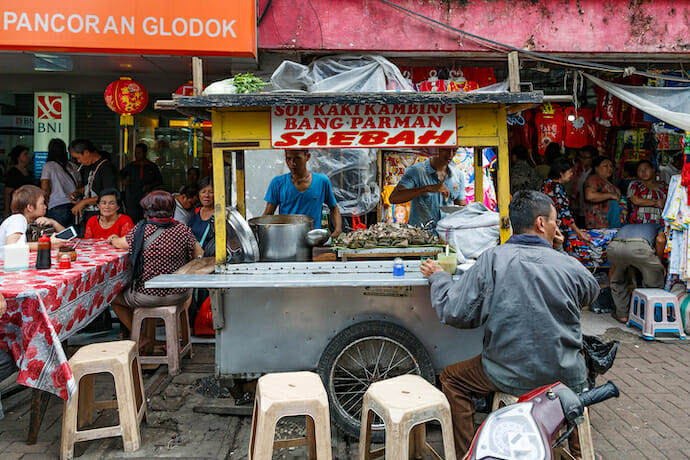
Culture
Indonesia Wants to Make Halal Tourism a Thing
In recent years, halal tourism has grown substantially and occupies an important segment of international tourism. Data shows that the value of the Muslim market worldwide stands at $2.3 trillion. With an estimated growth of up to 20% per year, the global halal industry has become the fastest-growing consumer segment in the world.
There are two fundamental reasons for this. First, the halal industry has now expanded beyond food. Halal products now include cosmetics, pharmaceuticals, and toiletries and penetrate into Islamic financing, tourism, and mass media. Second, the Muslim share of the market is exceptionally large, around 1.8 billion people. However, the halal market is not exclusive to Muslims.
Halal products must uphold ethical values most associated with Islam. Due to the proliferation of ethical consumerism, the demand for halal-certified products from non-Muslim consumers continues to increase.
With such extraordinary prospects, there are many questions regarding the development of the halal industry in Indonesia, which is a country with the largest Muslim population worldwide. It is interesting to examine whether Indonesia is able to take advantage of the momentum and make this market a dark horse that will strengthen the resilience of its economy.
The halal industry has received attention from both the government and domestic industry players in Indonesia. This is evident by the hosting of the International Halal Lifestyle Conference last October by Indonesia’s central bank as a business forum to help unlock Indonesia’s potential in the global halal industry chain. However, Anwar Bashori, an Indonesian economist with the central bank, said, “Today we are still consumers. Indonesia needs to be in a position to become a producer of halal products…And that we (still) don’t have a regulation to establish a halal ecosystem.”
It is unfortunate that despite having such a large Muslim population with a strong economy, Indonesia is only ranked 11th on the Islamic finance development indicator. It lags behind Malaysia which came in first. It is hoped that, with the support of many parties, Indonesia can gain ground. Considering that 13% of the world’s Muslim population, estimated to be around 207 million individuals are situated in the region, Indonesia could emerge as a major producer of halal products in addition to supplying its domestic market.
The strategy to gradually transform Indonesia into a recognized and respected producer of halal products certainly requires careful planning. For this reason, with limited resources and funding, the government needs to consider which sectors have the most significant economic potential. Seeing the competitive advantages that Indonesia has, there are two main industrial sectors that can develop rapidly, namely the food industry and tourism.

In contrast to the popularity of the Islamic finance industry, which is relatively new to Indonesians, the demand for halal product certification, especially for food, already exists. In fact, the Indonesian Council of Ulama which provides halal certification was established in 1988. Halal certificates issued by the council have been recognized in 25 countries.
As the system of certification and standardization has been well regulated, the food industry can become the frontline for Indonesia to spread its wings and become a global producer of halal food products. However, even though the existence of halal-certified products is already substantial, council regulations have not yet been fully implemented. This is because there are still many products, both local and foreign, that are not halal certified and are circulating freely on the market.
The rules that require halal certification are actually regulated by law. According to Ikhsan Abdullah, the Executive Director of Indonesia Halal Watch (IHW), the provisions were implemented in 2019. Ikhsan Abdullah suggests that owing to the complexity of the permit scheme, time, and the high cost connected with obtaining halal certification, the majority of products had not obtained halal certification.
Due to the government’s lack of decisiveness in relation to requiring halal certification and the lack of awareness of industry players to register their products, the role of exports of Indonesian halal products remains relatively small. Indonesia should exert efforts to maximize the potential of halal food industries, including the need to create a supportive industrial halal ecosystem by strengthening regulations and ensuring close coordination between related sectors.
Halal tourism is a segment that continues to grow globally. In fact, the expenditure of Muslim travelers globally is the largest in the world, reaching $169 billion in 2016 and it is estimated to continue to grow to $283 billion in 2022.
Tourism is always changing depending on trends. Therefore, the government must respond to the increased demand for halal tourism both domestically and internationally, so as not to lose momentum. However, it should be noted that making Indonesia a halal tourism destination does not mean eliminating the value of culture which relates to its uniqueness regionally.
A nation that has no less than 800,000 mosques has begun to gain international recognition as a Muslim-friendly tourist destination. At the 2016 World Halal Tourism Awards competition in Abu Dhabi, Indonesia won 12 of the 16 award categories, including the World’s Best Airlines for Halal Travellers, Best Airport for Halal Travelers, World’s Best Halal Beach Resort (Novotel Lombok Resort), and the World’s Best Halal Culinary Destination (West Sumatra), among several other awards.
This triumph encouraged the government to add halal tourism to its promotion scheme. The increase in Middle Eastern tourists has also contributed positively to the country’s foreign exchange earnings reaching $13 billion. In conjunction with that, the Ministry of Tourism has focused on improving infrastructure, and various promotions so that the growth of halal tourism can be accelerated across the country.


